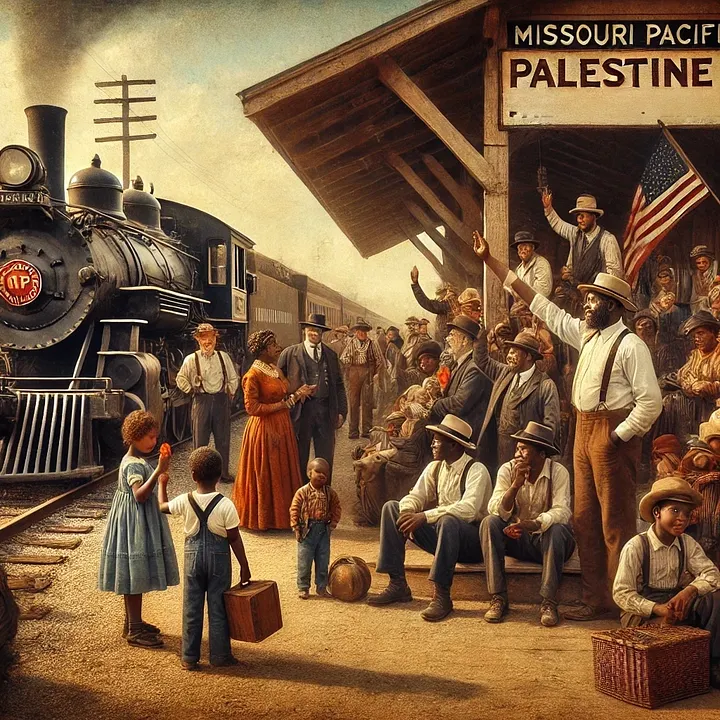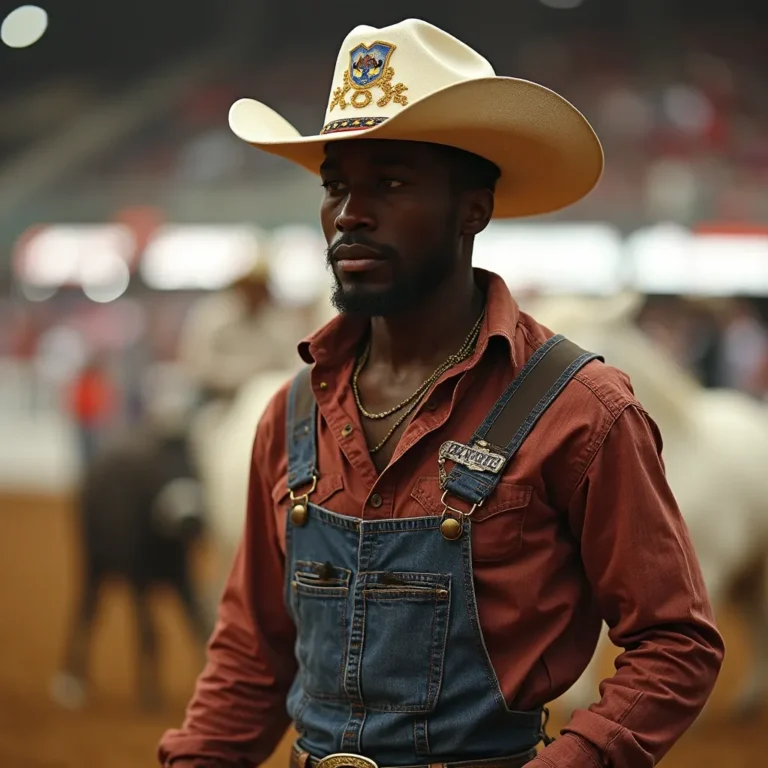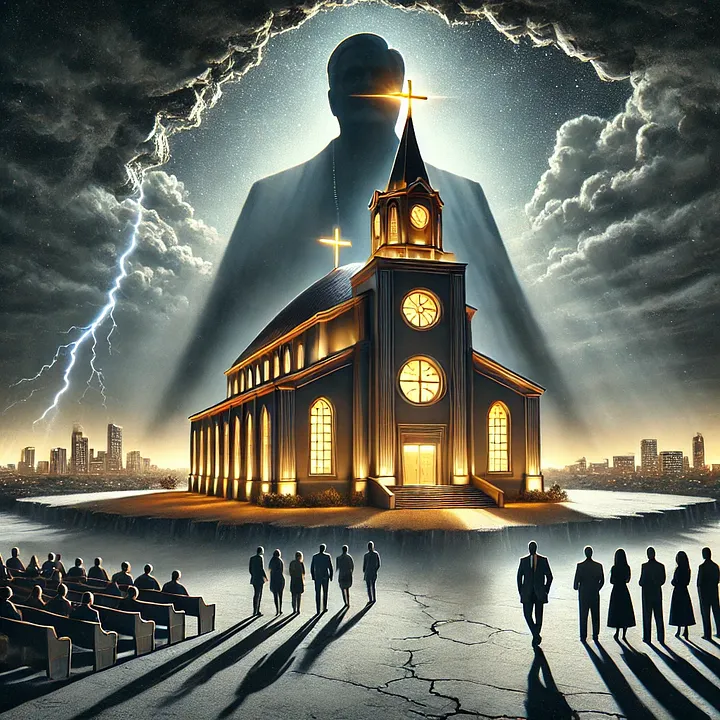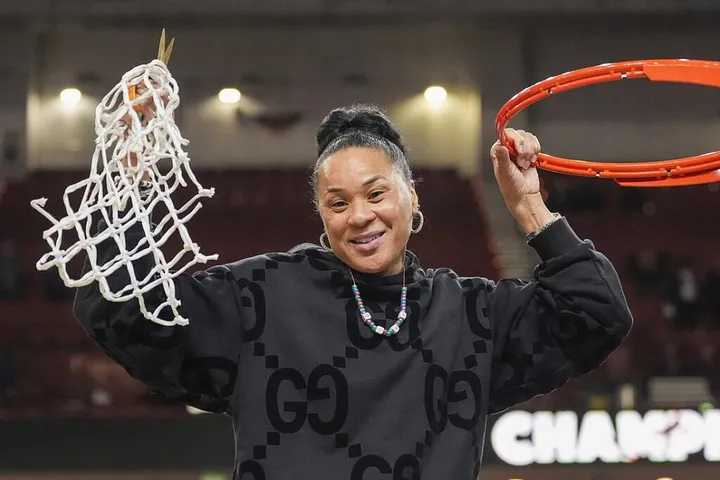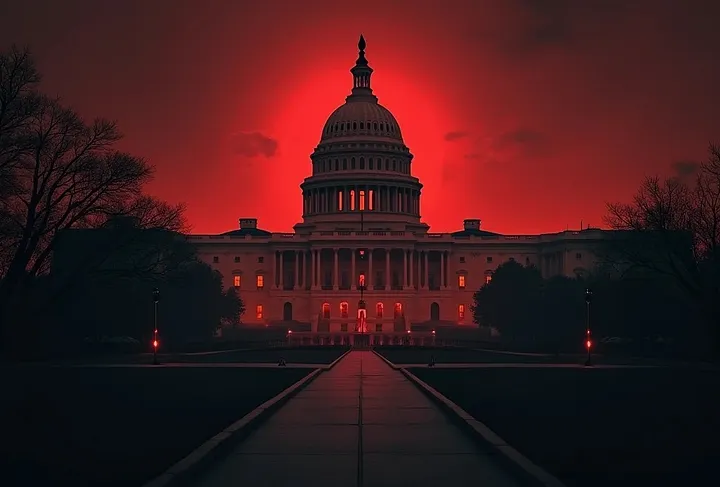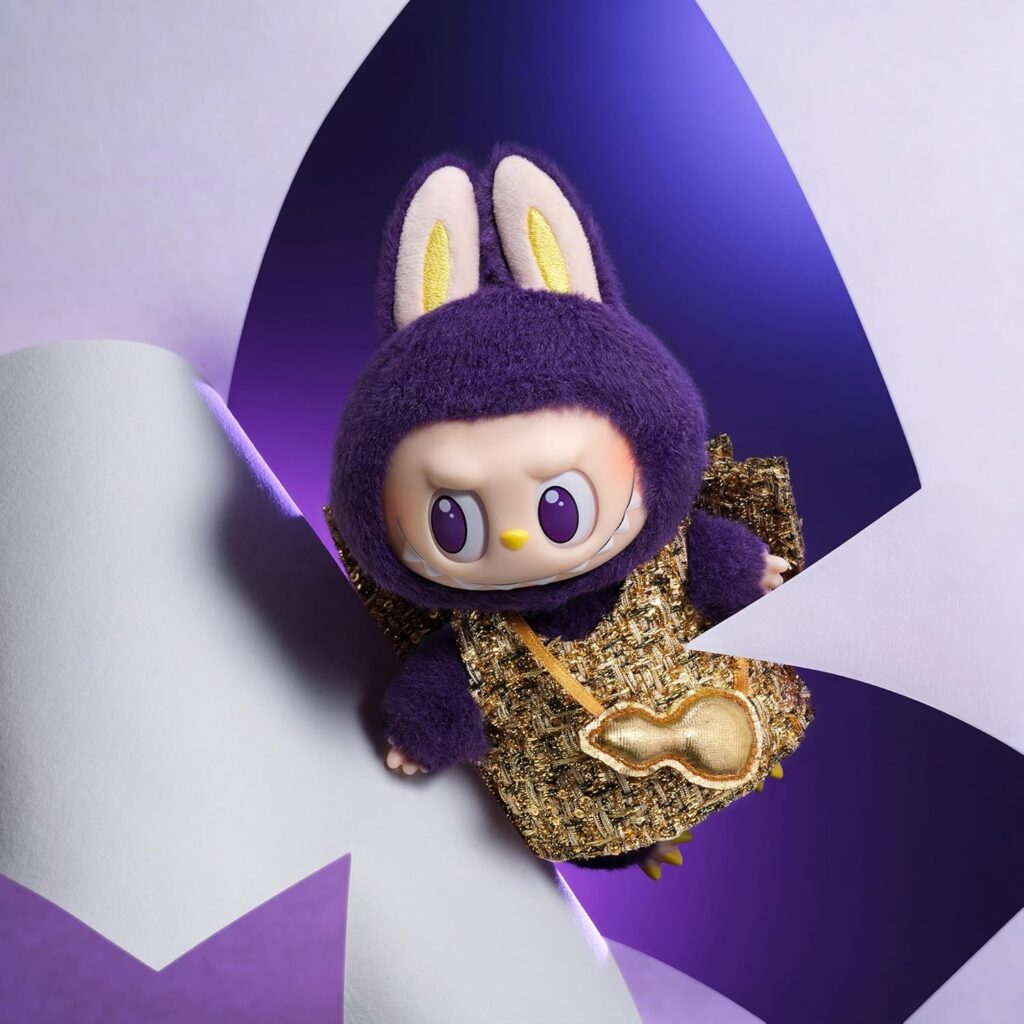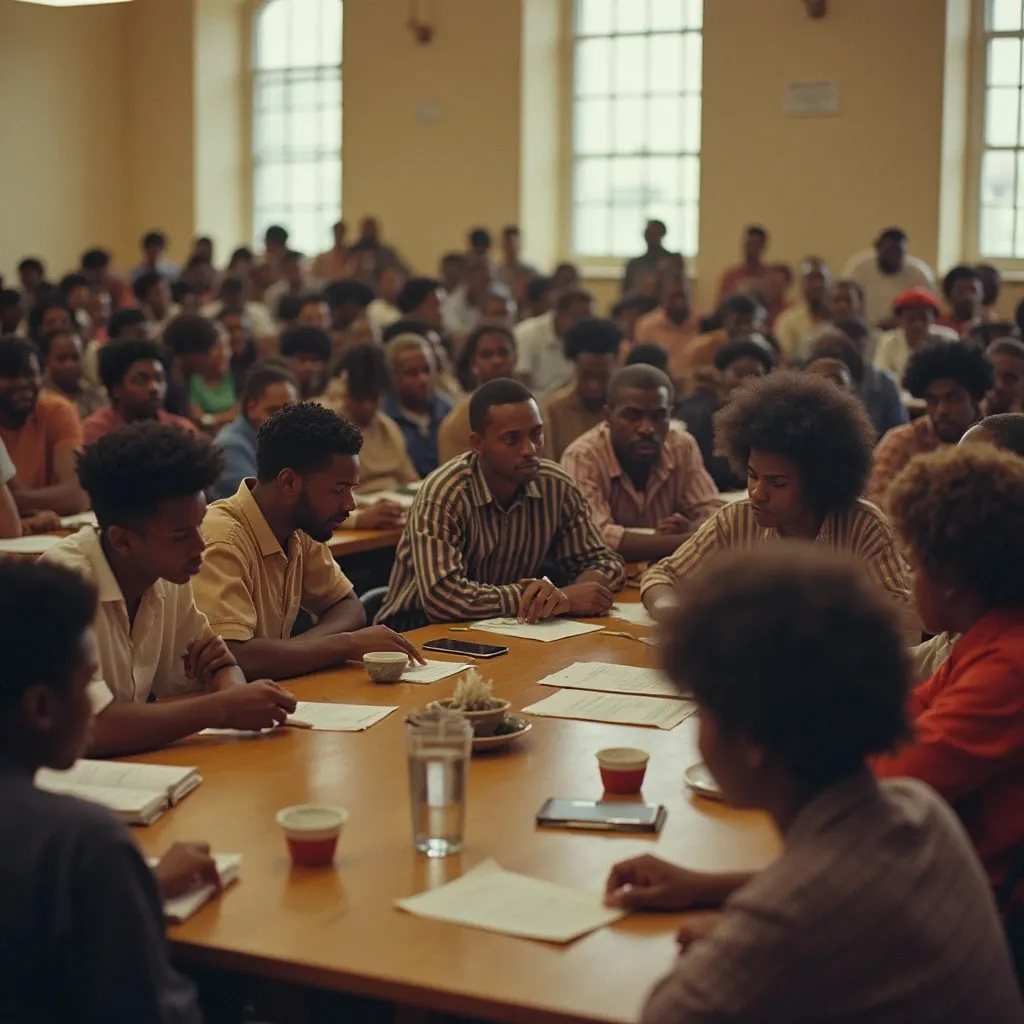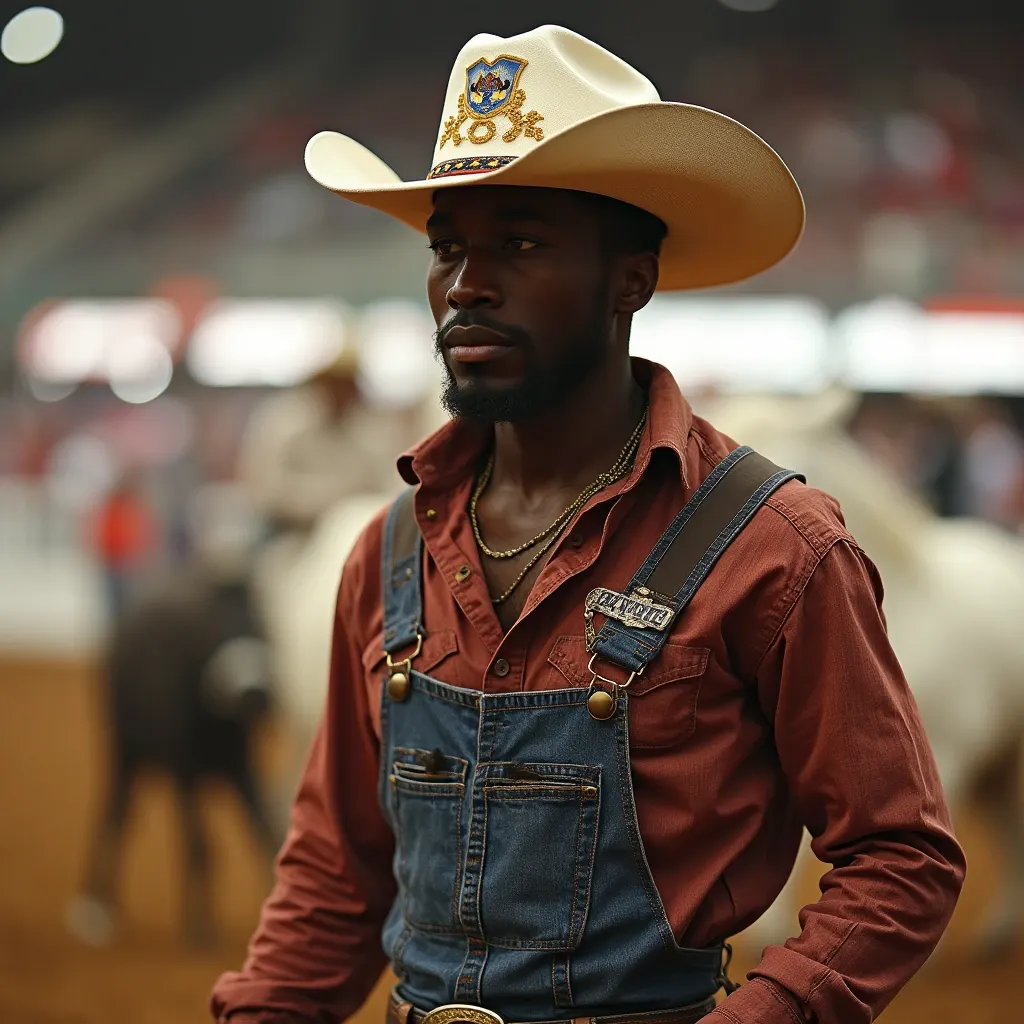 Houston hosts one of the largest, if not the largest, rodeos in the world. If you’ve never been, trust me, it’s a spectacle; cowboys, livestock, deep-fried everything, and an energy that’s impossible to ignore. And let’s not forget mutton bustin’ where little kids hold on for dear life as they ride sheep across the arena. It’s the kind of thing that makes you laugh, cringe, and cheer all at the same time.
Houston hosts one of the largest, if not the largest, rodeos in the world. If you’ve never been, trust me, it’s a spectacle; cowboys, livestock, deep-fried everything, and an energy that’s impossible to ignore. And let’s not forget mutton bustin’ where little kids hold on for dear life as they ride sheep across the arena. It’s the kind of thing that makes you laugh, cringe, and cheer all at the same time.
This morning, while lying in bed, my wife and I heard the festivities for Go Tejano Day in full swing. Liz, being the curious mind that she is, turned to me and asked, “Why isn’t there a Go Haitian Day?”
I chuckled.
Now, if you know me, you know I’m an old East Texas country boy through and through. Liz, on the other hand, is Brooklyn, born and raised. I’ve taken her to the country a few times, and let’s just say, she’s not exactly thrilled when large animals get too close. She prefers her nature in picture frames and documentaries.
So naturally, I told her, “Haitians don’t have a historical connection to rodeo.”
And that’s when she hit me with that look. You know the one. The kind my mama used to give me when she knew I was about to embarrass myself.
Then she asked, “Are you serious?”
Before I could say anything else, she sat up, pulled out her phone, and started educating me right then and there. And let me tell you, I had no choice but to listen.
Haitian Influence on Rodeo and Western Culture
1. The Louisiana-Haiti Connection
Liz explained that after the Haitian Revolution (1791–1804), many Haitian Creoles and free people of color migrated to Louisiana, especially New Orleans. They brought their expertise in agriculture, horse handling, and cattle ranching, skills that directly influenced cowboy culture. And where do you think that knowledge spread next? Texas, of course.
2. Black Cowboys and Rodeo
She told me that one in four cowboys in the 19th century was Black. They were cattle drivers, bronc riders, and ranch hands, but history has often overlooked their contributions. Given Haiti’s migration to Louisiana and other southern states, it’s more than likely that Haitian-descended cowboys played a role in shaping the rodeo scene.
3. Notable Black Rodeo Figures
While there may not be a widely known Haitian rodeo legend (yet), Liz reminded me about Black rodeo pioneers like Bill Pickett; who literally invented bulldogging (steer wrestling). Many Black cowboys had Caribbean heritage, so it’s reasonable to believe that Haitians were in the mix.
4. Modern Representation
Then she showed me videos of Haitian-American cowboys who are part of rodeo culture today, competing in events like the Bill Pickett Invitational Rodeo, which highlights the legacy of Black cowboys in the sport. The spirit of the Haitian cowboy is alive, it’s just waiting for proper recognition.
So, What’s Next?
By the time she finished, I had to admit, I had been dead wrong. Haitians absolutely have a place in cowboy and rodeo history.
Now, my next goal? Helping Liz make Go Haitian Day at the Houston Rodeo a reality. Why not? If Haitian culture contributed to the Western way of life, if Haitian-descended cowboys rode alongside the best of them, then it’s only right that they get a day of recognition too.
Challenge accepted. Let’s make it happen.

